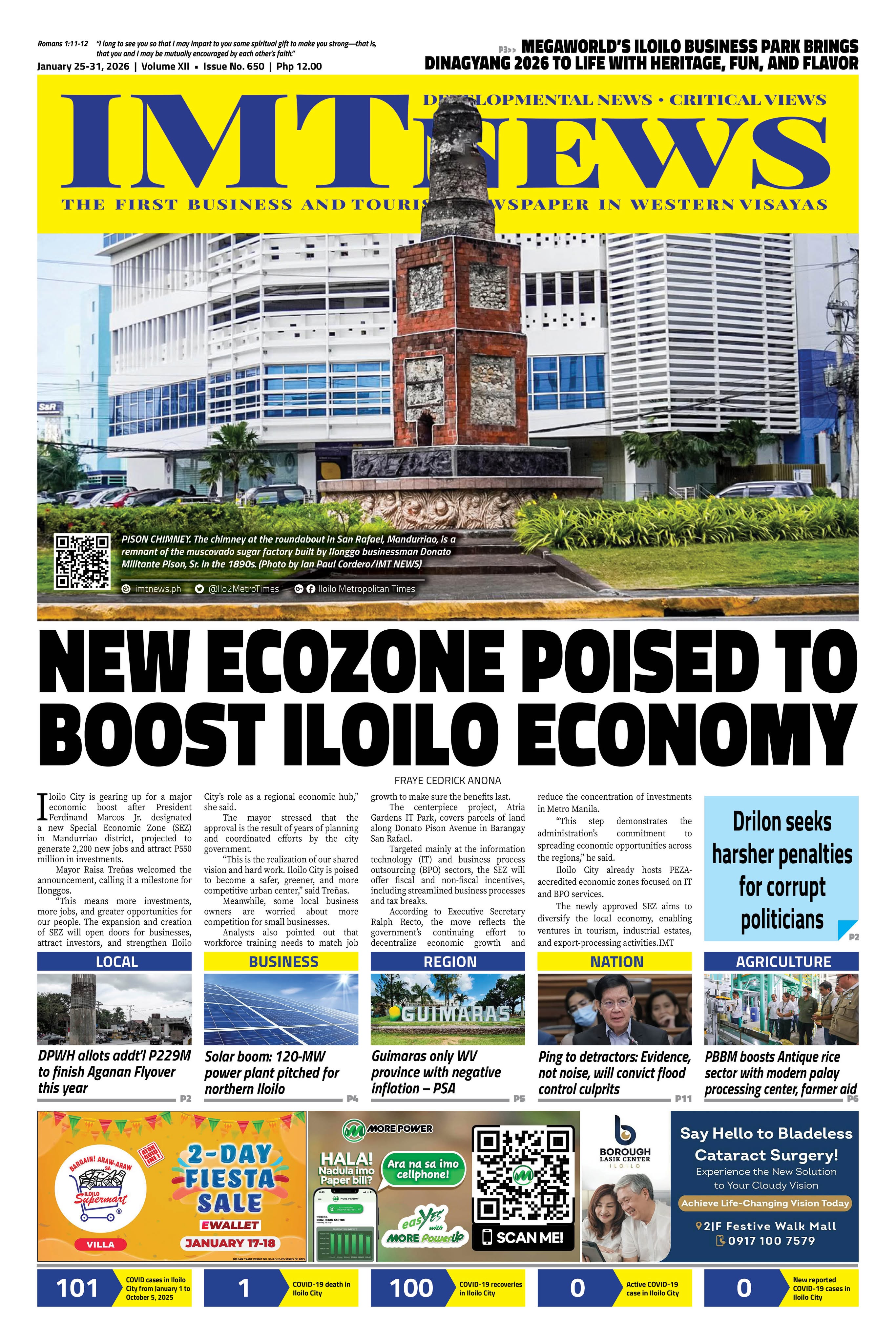President Ferdinand Marcos Jr. emphasized the need for stronger systems and clearer regulations to combat fake news, especially as digital technology continues to evolve rapidly.
Speaking at a sectoral meeting in Malacañang on the Department of Information and Communications Technology’s (DICT) programs, Marcos Jr. acknowledged the difficulty of regulating online platforms and noted that any regulation must be carefully balanced with the right to freedom of expression.
The President expressed support for the anti-fake news efforts of both the DICT and the Presidential Communications Office (PCO). However, he stressed the need for clarity on what content would be regulated and how, without violating constitutional rights.
DICT Secretary Henry Rhoel Aguda echoed these concerns. He stressed the need for a strong national stance against online disinformation. He also said that while free expression is a right, it comes with responsibilities and may be subject to limits under international law, such as the International Covenant on Civil and Political Rights.
Aguda expressed confidence that the media industry would support the initiative, recognizing the crucial role of journalists in promoting truth online.
PCO Secretary Jay Ruiz informed Marcos Jr. that the PCO has developed an operational framework to identify and flag websites spreading false information. He added that the PCO will continue working with the Cybercrime Investigation and Coordinating Center to speed up action against fake news on various platforms.
Marcos Jr. said he remains hopeful that the government can make meaningful progress, recognizing that the fight against disinformation is ongoing and constantly evolving.IMT







